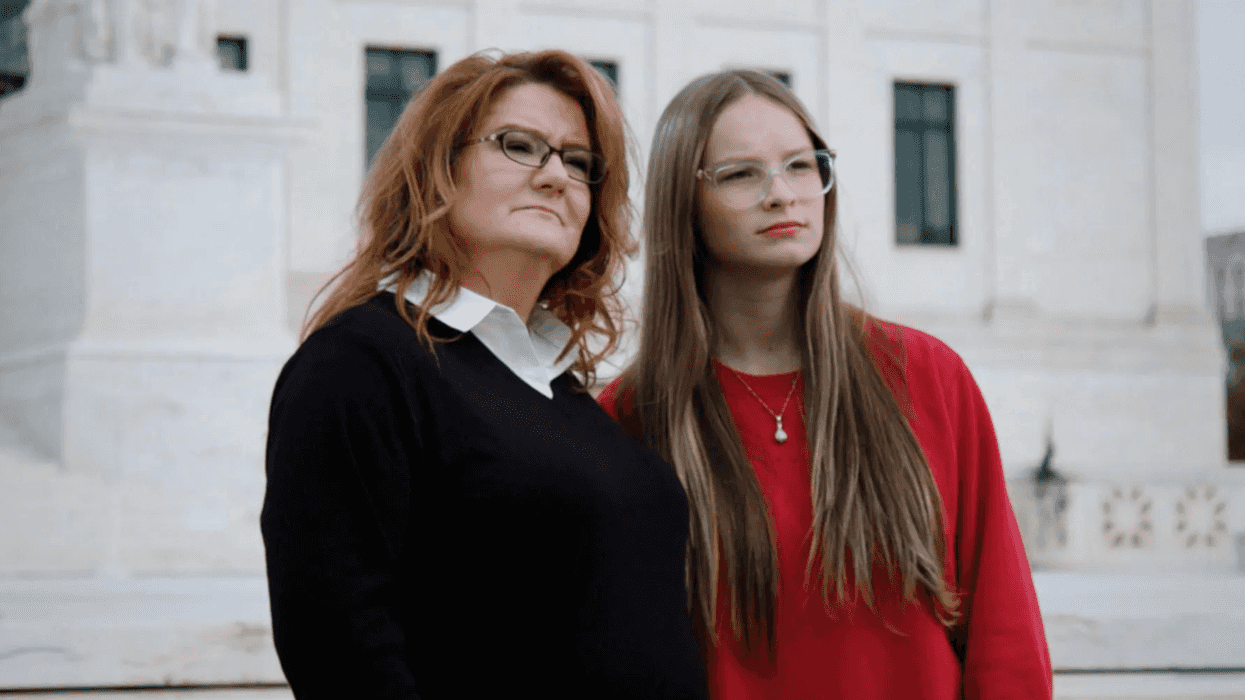Amid this year’s unprecedented redistricting wars, another troubling trend is taking shape. In the past week alone, Ohio legislators introduced a bill to close the state’s primaries, while the Texas Republican Party filed a lawsuit to do the same.
This is no accident. In fact, it’s part of a well-worn playbook that goes something like this: First, politicians redraw maps in their states (also known as redistricting or gerrymandering) to lock in safe seats and make general elections uncompetitive. Then, they move to close primaries so that only a narrow slice of voters—typically the most partisan—can meaningfully participate.
The goal is simple: lock in power by locking out voters. If these states and others are successful, even fewer voters will determine most elections in America, leaving the rest of us without a meaningful voice.
A Year of Failed Attempts (So Far)
Before Ohio and Texas, efforts to close primary elections in 16 states this year quietly failed. That’s no surprise—closing primaries is deeply unpopular with voters. According to polling from the Unite America Institute, huge majorities of Republicans, Democrats, and independents believe that every eligible voter should have the freedom to vote in every taxpayer-funded election.
Politicians and groups outside the mainstream are often the driving forces behind these bills, because they view closed primaries as a way they can tilt the playing field. By ensuring that only the most partisan and unrepresentative voters can participate in the only election that matters, these groups’ preferred candidates are more likely to win.
Yet the public knows better—and the trendline shows it. Nationwide, 16 states still hold closed primaries for congressional offices, locking out more than 16.6 million independent voters. But in recent years, momentum has gone in the opposite direction, with voters in Colorado (2016), Alaska (2020), Maine (2021), and most recently New Mexico (2024) all choosing to expand participation.
The Wyoming Playbook
Despite momentum for open primaries, fringe groups clearly see an opportunity. Because in a couple of states recently, their strategy is working.
Take Wyoming, for example. After the legislature passed a law in 2023 to effectively close the state’s primaries, ideologically extreme factions within the Republican Party quickly gained ground. With 94% of state house seats facing no November competition—and the majority of districts where the GOP primary was the only election that mattered—they rapidly expanded their influence and ultimately secured a majority in the state house.
Once in power, they pursued an agenda far out of step with local priorities, from slashing K–12 funding growth to proposing corporate tax holidays even business groups opposed.
This is the playbook now being exported to states like Texas and Ohio.
Gerrymandering and Closed Primaries: A Compound Threat
Redistricting and primary rules may seem like separate issues, but they are structurally linked. When politicians both rig the maps and restrict who gets to vote in primaries, the effect is compounded: most voters are locked out of meaningful participation in both the primary and general election.
In states like Texas, Ohio, and South Carolina—where aggressive redistricting is underway and efforts to close primaries are active—the threat to voter power is especially urgent.
The risk isn’t theoretical. When primaries are closed, unrepresentative candidates are more likely to emerge, isolating the mainstream and distorting representation. Ironically, by narrowing the electorate, parties may even undermine their own general election competitiveness by nominating candidates who are out of step with the broader public.
The Bigger Picture
This trend should alarm anyone who cares about a representative democracy. What we are witnessing is a coordinated effort to reshape the rules of American politics—first through gerrymandering, then through closing primaries.
But here’s the hopeful reality: voters are pushing back. From Colorado to Alaska to Maine to New Mexico, momentum is still on the side of opening primaries, not closing them. And we’ll continue to stand on the side of ensuring that every voter has a meaningful say in the leaders who represent them.




















